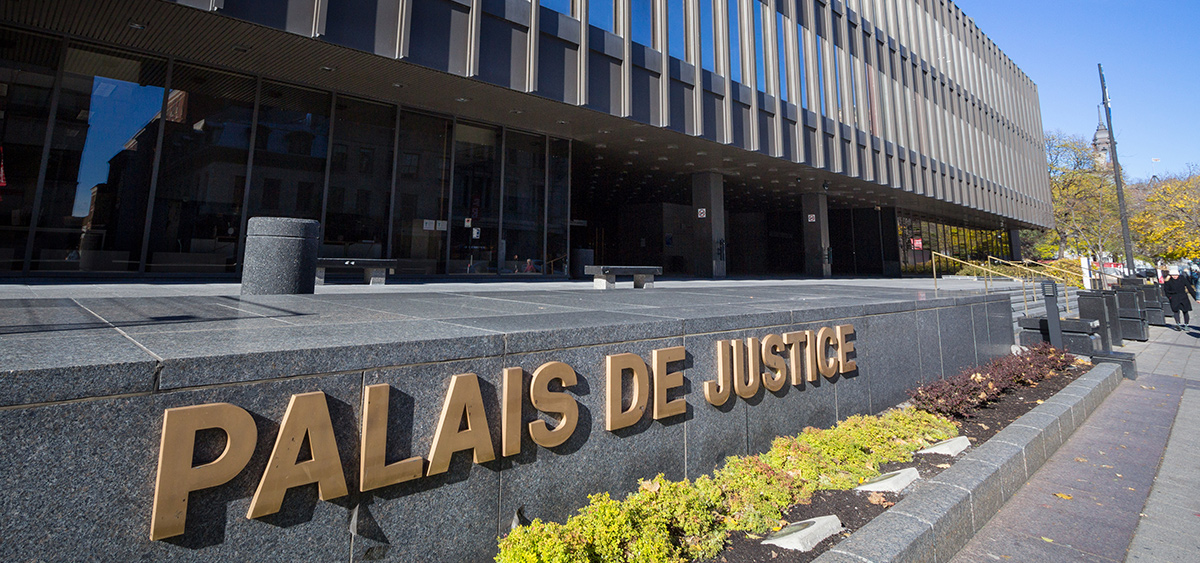The Superior Court is the “default” tribunal of our justice system. A file must go before the Superior Court when the law does not specifically assign it to another court. The Superior Court was organized in different sections to able to meet the practical needs of family matters, certain criminal trials, and finally, civil and administrative matters.

In civil matters, the Superior Court hears files worth $100,000 or more. It can also hear files worth between $75,000 and $100,000 (the person who initiates the proceeding may choose between the Court of Québec and the Superior Court). For example, it can hear an application to:
- cancel the contract to purchase a home;
- claim of $75,000 or more in damages for a medical fault;
- force someone to give back things that he has in his possession if they are worth $75,000 or more when considered together.
The Superior Court also has a special power called the “superintending and reforming power”. In Quebec, there is a variety of private corporations, professional orders, municipal bodies, government services, and other legal persons. What they have in common is the power to make decisions. A person must go before the Superior Court if he wishes to argue that they have overstepped the boundaries of the law. He must have no other recourses (legal options) available to him. Sometimes, this even applies to decisions made by another court if there is no right to appeal.
Finally, a Superior Court judge can hear matters as diverse as:
- Bankruptcy proceedings;
- Class action lawsuits;
- Injunctions (an order from the court to force someone to do or to stop doing something);
- Validity of wills.
NoteThe rules presented in the section entitled Step-by-step guide to procedure summarize the rules applicable to judicial proceedings. However, the text is not a detailed explanation of every single step a file may go through before a judgment is rendered. |





